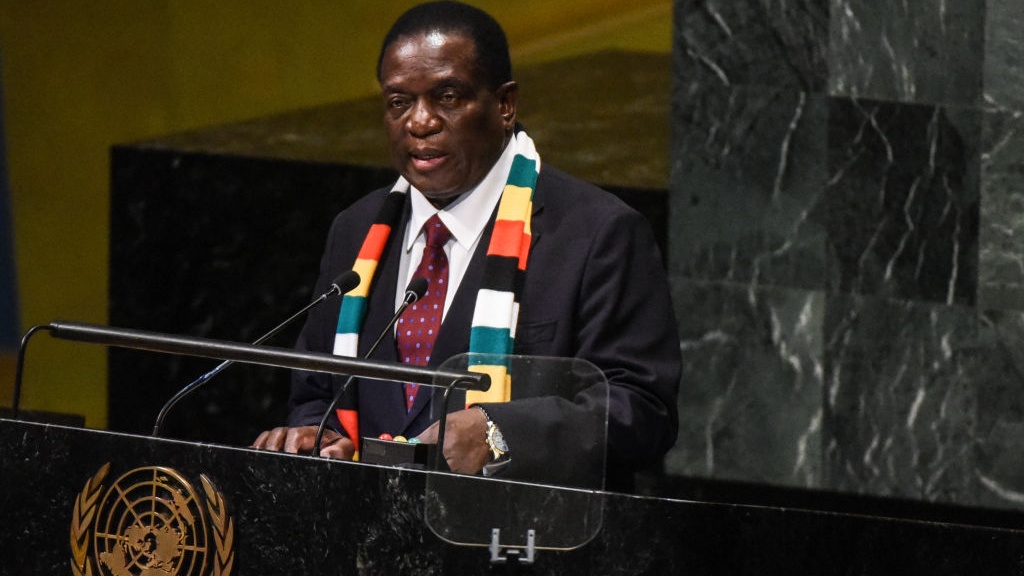Zimbabwe's government has agreed to compensate white farmers whose land was seized in the early 2000s as part of a plan to resettle Black families.
Al Jazeera reports leaders signed an agreement on Wednesday that details the government's plan to pay $3.5 billion in compensation to the farmers.
The country will distribute the money through long-term bonds and with the help of international donors. Half of the settlement will be paid out within a year, and the remaining balance will be paid within five years.
Famers can expect to receive payment for infrastructure that was lost rather than the land itself in the "historic" deal, according to the country's president.
"It brings closure and a new beginning in the history of the land discourse in Zimbabwe," President Emmerson Mnangagwa said.
"The process which has brought us to this event is equally historic as it is a reaffirmation of the irreversibility of land as well as a symbol of our commitment to constitutionalism, the respect of the rule of law and property rights," he said.
Elderly farmers will likely receive their settlements first.
While former President Robert Mugabe was in office, the government evicted 4,500 white farmers and gave the land to nearly 300,000 Black families. The evictions, which were violent at times, were an attempt to address colonial land imbalances.
Mugabe's administration refused to give the land back to white farmers on the basis that the land was stolen from Black people by colonizers, reports Voice of America.
Critics say the timing of the new agreement is not ideal considering the country's lack of finances and the coronavirus pandemic.
"Are our priorities skewed? In the midst of a pandemic with no doctors or nurses in hospitals. Now we jump to farmers? Yes there is an obligation to pay. Where is the money? We may sign many agreements, but this one for now looks like just an admission of intention to pay," John Robertson, an economist, said according to CNN.
Since the start of the pandemic, healthcare workers in the country have asked for an increase in pay.
Bloomberg reports the country is battling currency, fuel and food shortages and that more than 90% of the population is unemployed.
Robertson suggested the country put the land up for sale so it can be purchased. Voice of America reports that the government currently owns the land.
Mnangagwa said he hopes the agreement will encourage farmers to increase production to help the country regain financial and economic stability. Production decreased and export income declined after the land was redistributed, which the country has yet to recover from.
